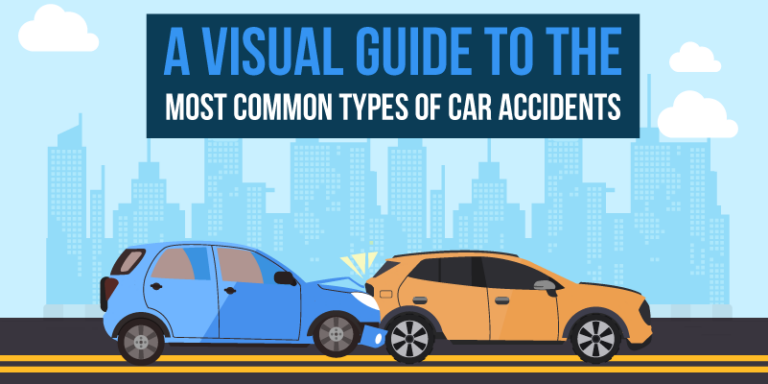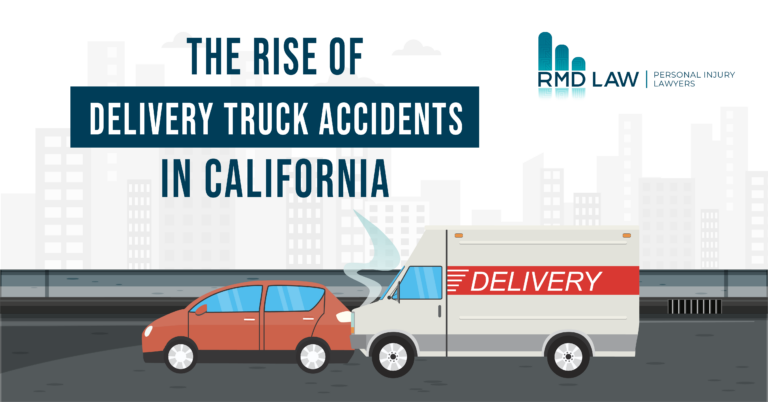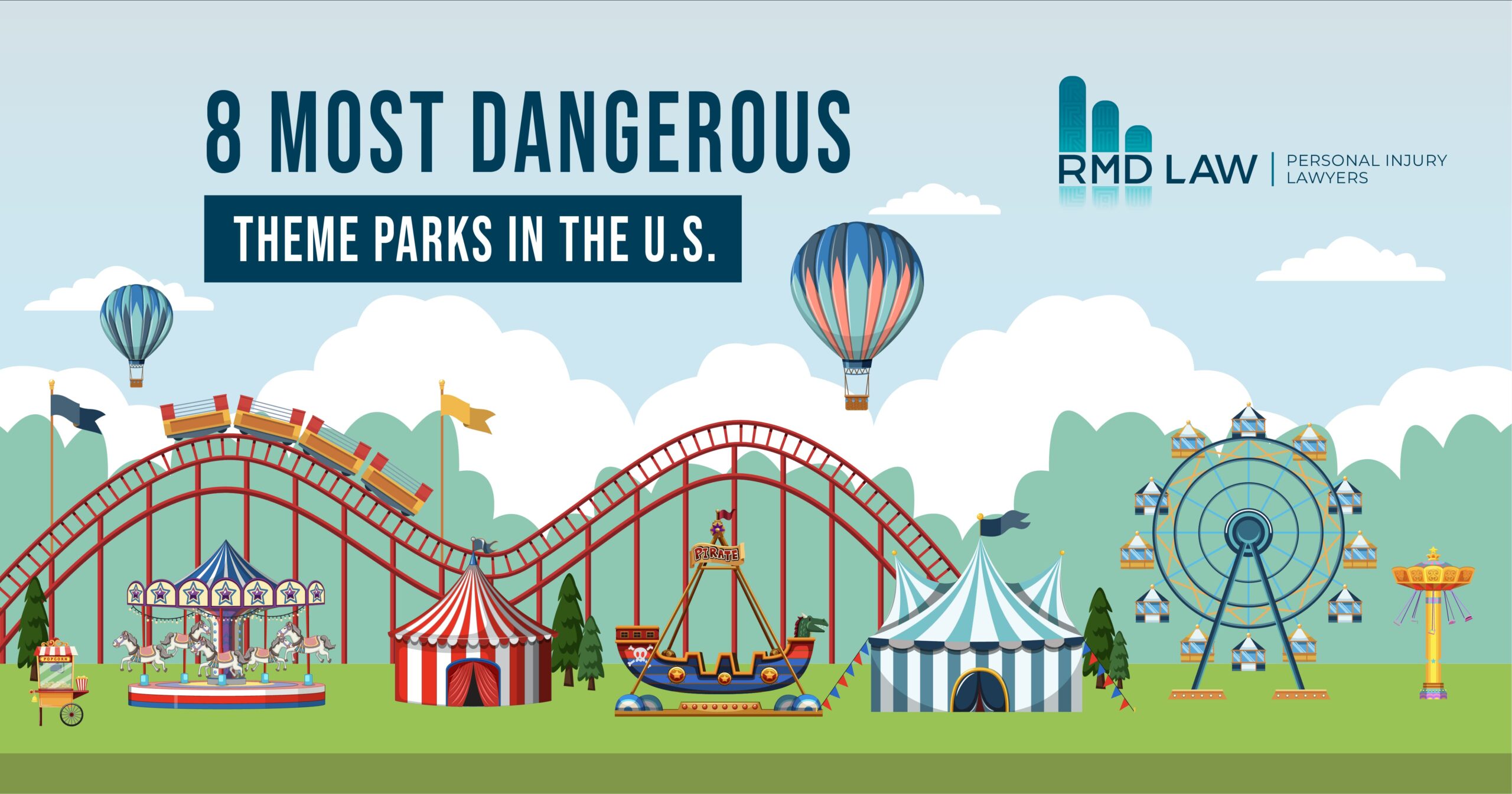
When you think about a trip to an amusement park, you’re probably picturing roller coasters, deep fried foods, and non-stop laughter. Theme parks are a great place to spend time with friends and family while enjoying some thrilling rides.
However, it’s not always fun and games. According to recent studies, there are over 30,000 injuries reported at amusement parks in the U.S. every year. That’s a staggering number of accidents for a place designed to deliver safe family fun.
While most rides and attractions operate smoothly, accidents do happen, and some parks have a higher record of injuries than others. Whether it’s a mechanical failure, operator error, or simply poor safety protocols, the risks are real.
If you know where the dangers are more common, you can stay a little more alert and make smarter choices for yourself and your loved ones. Below are the most dangerous theme parks you need to stay vigilant about when you enter the premises and some tips to help keep you safe.
8 Most Dangerous Theme Parks in the U.S.
Before you buckle into your favorite roller coaster, it’s essential to know that not all parks have the same safety measures. Here are some theme parks that have made headlines.
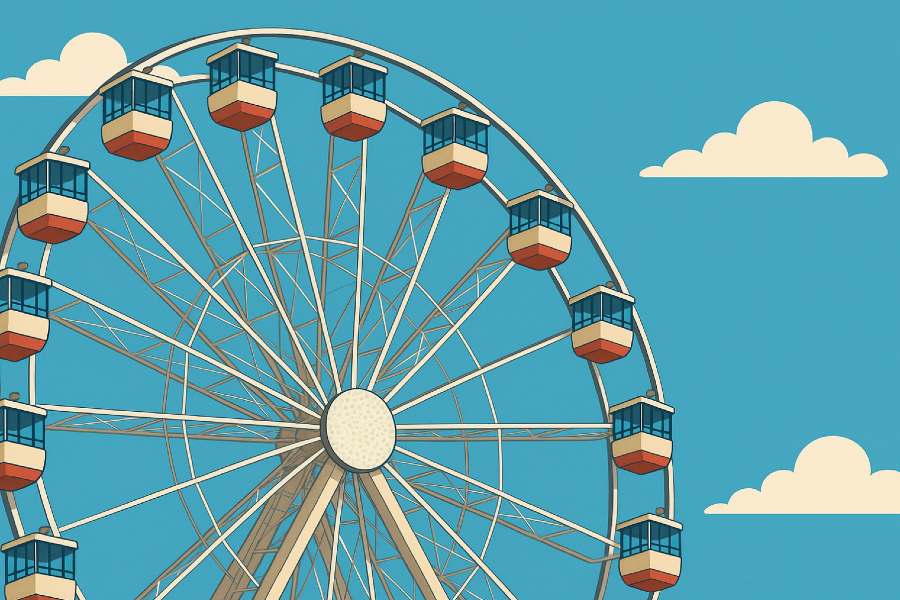
Action Park (Vernon Township, New Jersey)
If you’ve ever heard the nicknames “Accident Park” or “Class Action Park,” you’re already familiar with Action Park’s infamous reputation. Operating mainly in the 1980s and 1990s, this New Jersey theme park became legendary for its poorly engineered rides and relaxed attitude toward guest safety.
According to reports, the park logged hundreds of injuries each year, including broken bones, concussions, and, unfortunately, six deaths during its original run. One of the most notorious attractions was the Alpine Slide, a concrete track that sent riders flying off their sleds with minimal protection. Severe friction burns, lacerations, and fractures were common.
When you visit a park, assess the ride’s condition before hopping on. If it looks old and poorly maintained or the safety instructions seem vague, trust your gut and skip it.
Schlitterbahn Waterpark (Kansas City, Kansas)
Schlitterbahn was once famous for its massive water attractions, but that fame turned into tragedy in 2016. A 10-year-old boy tragically died while riding Verrückt, an attraction billed as the world’s tallest water slide.
Designed to thrill but poorly engineered, the ride became the center of lawsuits and criminal charges against park officials, eventually leading to the ride’s demolition.
If a ride sounds “record-breaking” or “extreme,” double-check if it has been inspected recently and don’t hesitate to ask staff about safety measures.
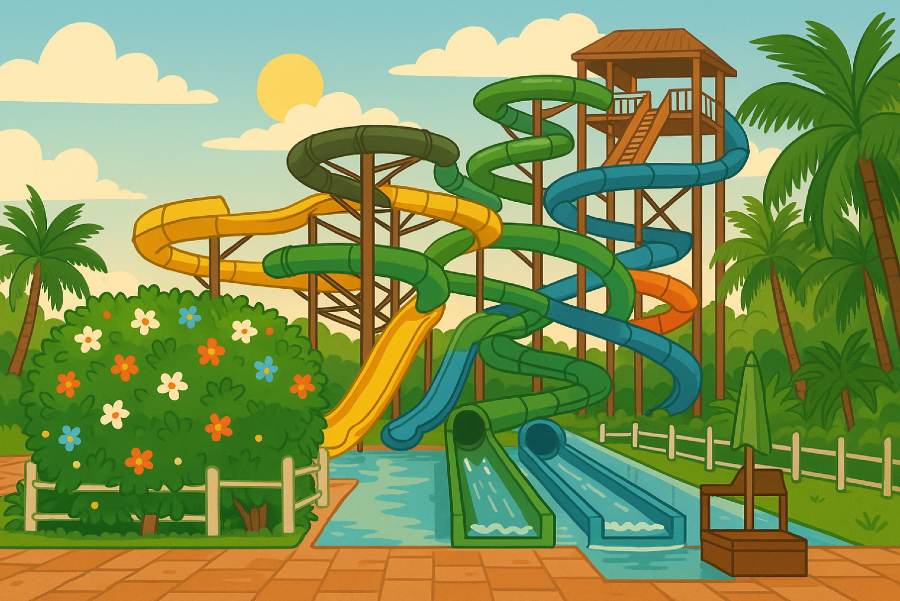
Six Flags Magic Mountain (Valencia, California)
Right here in Southern California, Six Flags Magic Mountain offers some of the most intense coasters in the country—but not without serious risks. In 2022, a tragic incident on the X2 roller coaster resulted in a fatal head injury to a rider, highlighting how even highly regulated parks can have devastating accidents.
X2, a “4D” roller coaster with rotating seats and multiple inversions, is known for delivering an extreme sensory overload, which can push the limits even for healthy adults.
If you do visit, pay close attention to ride signs, especially those about heart conditions, back injuries, or motion sickness. They’re there for a reason.
Disney’s Typhoon Lagoon (Orlando, Florida)
Even Disney isn’t immune to accidents. At Typhoon Lagoon, one of its popular water parks, multiple injury reports have surfaced over the years. In 2022, a Long Island woman was severely injured by a massive artificial wave in the Surf Pool, resulting in a $2 million lawsuit.
The Surf Pool creates 6-foot swells powerful enough to knock over and seriously injure unsuspecting swimmers, especially if they’re caught off guard or standing in the wrong zone. Water parks might seem more relaxed, but they carry real dangers. Always keep an eye on wave patterns, and don’t venture out too far if you’re not a strong swimmer.
Family Kingdom Amusement Park (Myrtle Beach, South Carolina)
Family Kingdom might sound charming, but in 2021, it became the center of a devastating lawsuit. A man was left paralyzed after riding the park’s iconic Swamp Fox Roller Coaster—a wooden coaster known for its rough ride and intense jolts.
While nostalgic, wooden coasters often deliver far harsher physical impacts than their steel counterparts, increasing the risk of injury, especially for those with preexisting conditions.
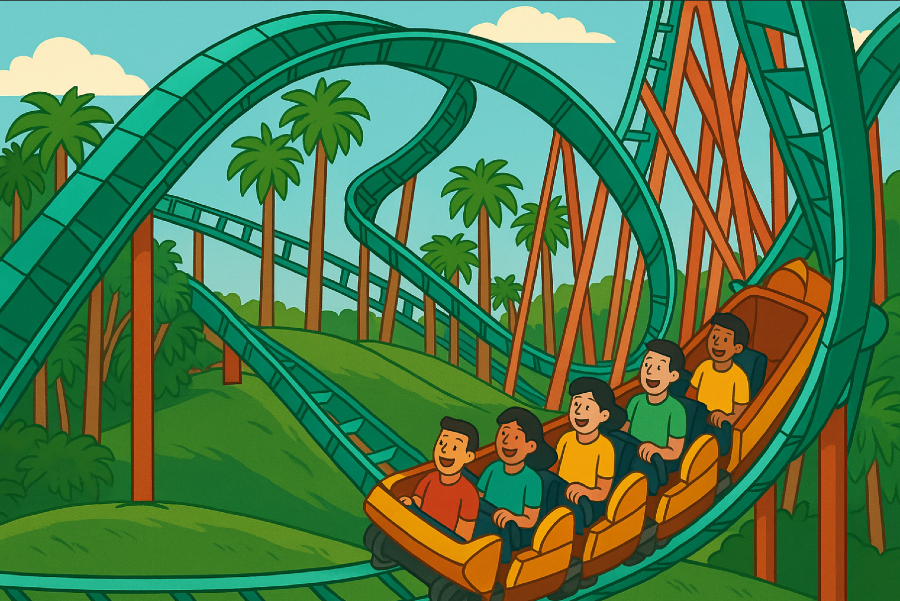
Icon Park (Orlando, Florida)
Icon Park made tragic headlines in 2022 when a 14-year-old boy fell to his death from the FreeFall ride, a towering drop attraction. This heartbreaking incident not only resulted in a $310 million jury award to the boy’s family but also led to the passage of the Tyre Sampson Act, aimed at tightening ride safety inspections across Florida.
The FreeFall ride was known for its breathtaking height, but faulty safety measures and seat restraint issues proved fatal. When you strap into a ride, always double-check that your harness or restraint is fully secure. If something feels off, say something; don’t let staff rush you into riding.
Universal Orlando Resort (Orlando, Florida)
While Universal Orlando is one of the top vacation spots in the U.S., some of its most popular rides have been linked to health scares. In 2024 alone, the high-speed Hagrid’s Magical Creatures Motorbike Adventure caused multiple hospitalizations for chest pain and loss of consciousness.
This ride, known for sudden accelerations and sharp turns, is physically demanding, even for healthy riders.
Kings Island (Mason, Ohio)
Kings Island has long been a staple for roller coaster fans, but its safety record is far from spotless. Over the years, the park has seen multiple serious accidents on rides like Son of Beast.
Son of Beast, once the world’s tallest and fastest wooden coaster, was particularly infamous for causing neck and head injuries before it was permanently closed.
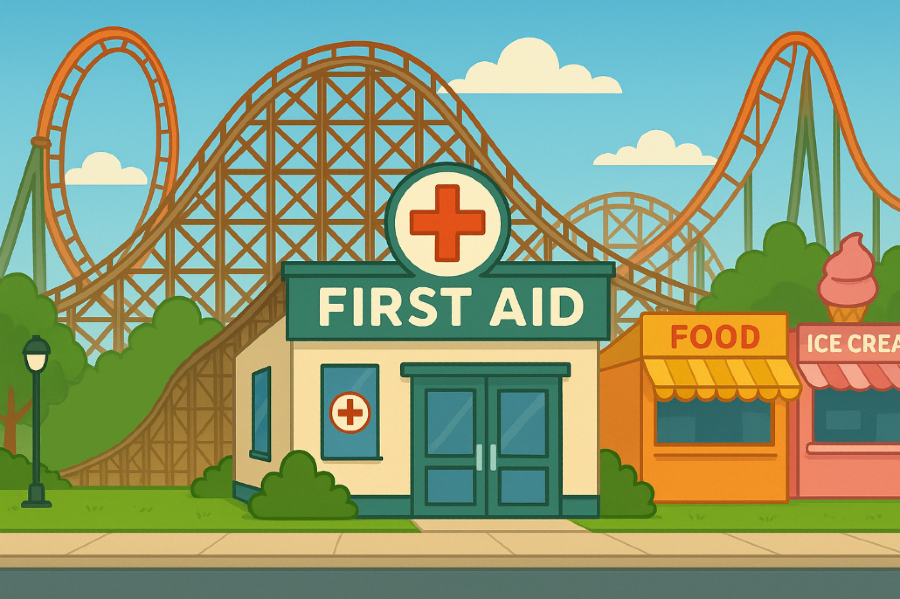
Tips for Staying Safe at Theme Parks
While you can do everything right—follow the rules, stay alert, and make wise choices—accidents can still happen.
When they do, it’s essential to know that a personal injury lawyer may be necessary to protect your rights and help you recover after injury. That said, there are some things you can do to minimize your risks and make your day at the park as safe as possible.
Here are a few safety tips to keep in mind, no matter which park you’re visiting:
- Always follow posted ride restrictions: Height, weight, health warnings—these guidelines aren’t just suggestions. They’re based on real safety data and past incidents.
- Listen carefully to staff instructions: Ride operators are trained to keep you safe. If they tell you to adjust your harness, hold a specific posture, or exit a ride a certain way, it’s imperative to follow their lead.
- Stay hydrated and know your physical limits: Theme parks can be physically demanding. Between the heat, walking, and adrenaline, it’s easy to push yourself too hard without realizing it.
- Supervise young children closely: Little ones can run away or attempt rides they’re not ready for. Keep a close eye on them, and make sure they’re always within arm’s reach in busy areas.
- Speak up if a ride seems unsafe: If something doesn’t feel right—a loose seatbelt, a wobbly platform, a distracted operator—don’t wait to voice your concerns. It’s far better to skip a ride than risk serious injury.
Enjoy the Ride, But Be Prepared
Theme parks are all about thrills and family fun, but they’re not without risk. Some parks have much higher rates of accidents and injuries than others. Staying aware, following safety rules, and trusting your instincts can help prevent many incidents.
Still, accidents can happen even when you do everything right. If the theme park lacks safety regulations or has a faulty ride, there is little you can do to protect yourself. Thankfully, you have options.
If you or a loved one experiences an injury at a theme park, don’t face it alone. As your personal injury lawyer, RMD Law is here to help you fight for the justice and settlements you deserve.
Contact us today for any legal advice and support you need!

